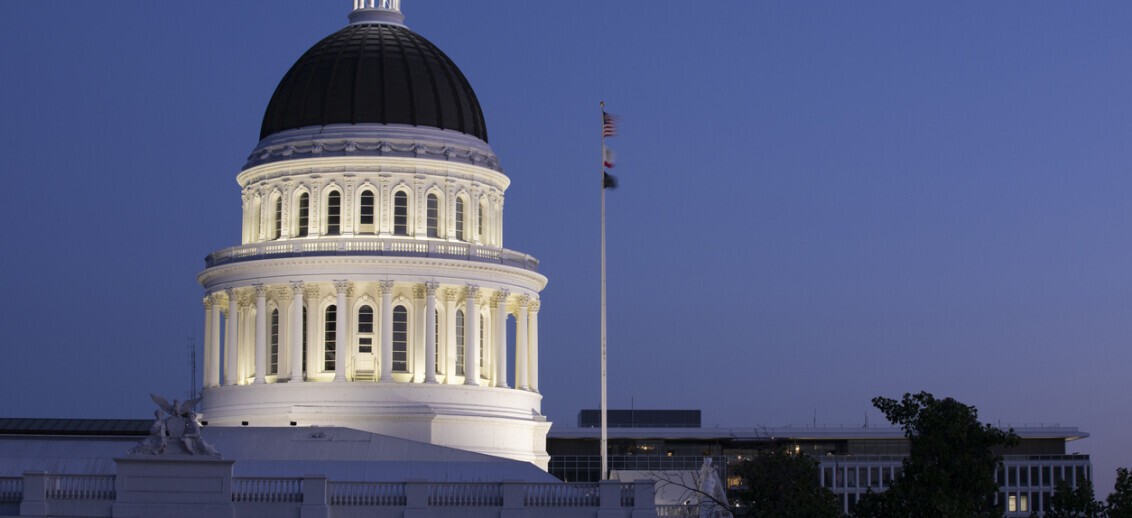California employers may soon find themselves navigating a new—and legally uncertain—layer of labor law enforcement. Assembly Bill 288 (AB 288), recently introduced in Sacramento, proposes to expand the authority of the California Public Employment Relations Board (PERB), which currently oversees collective bargaining in the public sector. If enacted, AB 288 would allow PERB to hear certain unfair labor practice (ULP) cases involving private-sector workers and take other actions traditionally under the exclusive jurisdiction of the National Labor Relations Board (NLRB).
What AB 288 Would Do
AB 288 empowers private-sector unions and employees to take their disputes to PERB if the NLRB fails to act within statutory timeframes. Specifically, under AB 288, workers could petition PERB to:
- Decide unfair labor practice cases that the NLRB has not resolved within six months;
- Certify a union as the exclusive bargaining representative;
- Order employers to bargain, reinstate terminated workers, or participate in binding mediation; and
- Impose civil penalties, with funds earmarked for PERB’s enforcement efforts.
In short, the bill attempts to create a parallel state enforcement process for rights already guaranteed under the National Labor Relations Act (NLRA).
Why This Matters for California Employers
If AB 288 becomes law, California private employers could face:
- Duplicate forums: Employers may have to defend against ULP charges before both the NLRB and PERB.
- Expanded remedies: PERB may impose civil penalties, a sanction not available under the NLRA.
- Increased leverage for unions: Binding mediation orders and expedited remedies could tilt the balance of bargaining power.
- Uncertainty in compliance: Employers would be forced to navigate overlapping—and potentially conflicting—federal and state labor law obligations.
The Preemption Question
- The elephant in the room is federal preemption. For decades, the U.S. Supreme Court has held that the NLRA preempts states from regulating conduct that is either protected or prohibited under federal labor law. However, the NLRB has been without a quorum since early this year and recently the Fifth Circuit held that certain portions of the National Labor Relations Act are unconstitutional. AB 288 was introduced in the face of these federal law developments, and directly challenges long-standing preemption principles by attempting to give PERB jurisdiction over the very same disputes the NLRA covers.
- Legal challenges are almost certain. (The NLRB is suing the state of New York over a very similar law). If passed, employers (or employer groups) can be expected to file suit on preemption grounds, and federal courts are likely to weigh in quickly.
Practical Takeaways for Employers
- Stay alert: AB 288 is not yet enacted, and even if it is passed and signed by Governor Newsom, it will be far from settled law, but it signals California’s willingness to test federal labor law boundaries.
- Prepare for delay: Even if enacted, AB 288 will face significant litigation before its provisions are enforceable.
- Review labor relations policies: Employers should ensure they are compliant with federal law now to minimize potential exposure before the NLRB, but be ready to make changes to comply with PERB provisions if AB 288 is enacted and the federal preemption challenges are not successful.
Bottom Line: AB 288 is a bold but a legally vulnerable attempt by California to expand state control over labor relations in the private sector. Employers should stay tuned to CDF’s Labor Blog for updates on this topic.



